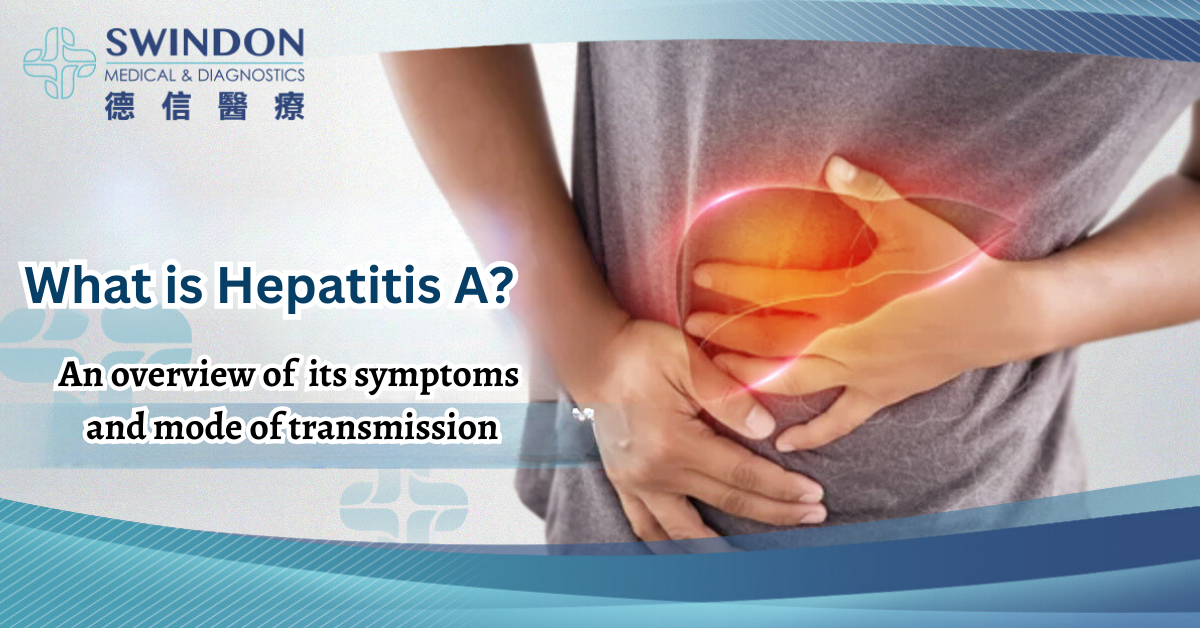
The liver is an important metabolic organ of the human body. When the virus invades the liver, the liver cells will be destroyed more quickly in order to repel the virus, thereby causing viral hepatitis. Hepatitis A is one of the common liver diseases. As Hong Kong people love seafood and sashimi, if the seafood is not handled properly, there is a risk of contracting Hepatitis A. Understanding the mode of transmission and symptoms of Hepatitis A can help prevent infection, receive treatment as soon as possible, and recover as soon as possible.
Understanding Hepatitis A
Hepatitis A is caused by Hepatitis A virus. The incubation period is generally 14 to 28 days. Hepatitis A patients may not have obvious symptoms. Some patients may experience symptoms similar to other Hepatitis, such as fever, fatigue, loss of appetite, nausea, vomiting, upper abdominal discomfort, tea-colored urine and jaundice (yellowing of the skin and whites of the eyes).
Will Hepatitis A cause death?
The vast majority of Hepatitis A patients will fully recover without any complications or sequelae, and the body will produce life-long antibodies and immunity for life. However, there are still very few patients who die from fulminant hepatitis.
The prevalence of Hepatitis A
▪ Hepatitis A infection rates are low in Hong Kong; very common in Southeast Asia, Russia, China, Middle East, the Mediterranean, throughout Africa and Central and South America
▪ In 1992, there was a pandemic of Hepatitis A, the number of reported cases was as high as 3626, and 4 of them were seriously ill and died
▪ In 2016, there was a sharp increase in Hepatitis A transmission among men who have sex with men
▪ Hepatitis A is a statutory notifiable infectious disease, please browse the statistics reported to the Centre for Health Protection
Mode of transmission of Hepatitis A
Hepatitis A is mainly transmitted through the fecal-oral route, that is, through contact with or ingestion of objects, food or water contaminated by the faeces of infected persons. The virus will only die after being cooked at a high temperature of 100°C for at least 5 minutes. If one eats contaminated and undercooked food or drinking water, such as shellfish, oysters, seafood sashimi, salad, etc., he/she may be infected with the Hepatitis A. The Hepatitis A virus can also be transmitted by close contact or sexual contact (not limited to anal-oral contact) with an infected person.
Treatments
Currently, there is no medicine to cure Hepatitis A. The treatments provided by doctors are mainly to relieve discomfort and maintain a balanced nutrition. Therefore, the Hong Kong Department of Health recommends Hepatitis A vaccination as one of the effective ways to prevent Hepatitis A infection.




